-
chevron_right
Court Denies ISP’s Request to Dismiss Music and Movie Piracy Liability Claims
news.movim.eu / TorrentFreak · Tuesday, 2 April - 10:44 · 4 minutes
 Online piracy continues to present massive challenges for the entertainment industries.
Online piracy continues to present massive challenges for the entertainment industries.
It’s a global issue that’s hard to contain, but the major U.S. record labels and several movie companies believe that Internet providers can offer a helping hand.
For roughly a quarter-century, rightsholders have sent copyright infringement notices to ISPs, informing them about alleged copyright infringements carried out by subscribers. While many providers forwarded these notices to their customers, they rarely led to follow-up action.
This is a problem according to some rightsholders, who want ISPs to terminate the connections of subscribers repeatedly linked to pirating activity. They point to the DMCA, which states that online service providers must terminate the accounts of repeat infringers “in appropriate circumstances.”
In an earlier case, Internet provider Cox was ordered to pay a billion dollars in damages after a jury found the ISP liable for copyright infringement. This damages award was recently reversed but the liability finding remains. Meanwhile, other ISPs are fighting similar legal battles.
Frontier vs. Music and Movie Companies
Most of these lawsuits take place in federal courts, but the New York bankruptcy court is dealing with a similar dispute. In two separate cases, one filed by several movie companies and the other by record labels , Internet provider Frontier Communications stands accused of failing to terminate repeat infringers.
The financially challenged Internet provider emerged from bankruptcy and is trying to rebuild its business. However, ghosts of the past continue to follow the company, including piracy liability allegations.
Last December, Frontier hoped to sway both cases in its favor. The ISP submitted a motion for judgment on the pleadings, asking the court to dismiss the claims from the movie and music companies, noting that these fail “as a matter of law.”
The motion’s central argument stems from the ‘ Twitter vs. Taamneh ‘ Supreme Court decision, where it was determined that social media platforms were not responsible for ISIS terrorists who used their services to recruit and raise funds. In a similar vein, Frontier believes that it shouldn’t be held liable for subscribers who pirate content.
Based on these and other arguments, Frontier asked the bankruptcy court to dismiss all piracy liability claims. Needless to say, the movie and music companies disagreed and both filed objections, urging the court to keep the claims intact.
Court Denies Dismissal Request
A few days ago, Chief U.S. Bankruptcy Judge Martin Glenn ruled on the motion, which brought bad news for Frontier. After reviewing the matter, Judge Glenn saw no reason to dismiss the copyright liability claims at this stage.
In a detailed memorandum opinion, the court concludes that the Supreme Court ruling in the social media case doesn’t directly translate to the matter at hand. While both deal with third-party liability, terrorism and copyright infringement are certainly not the same thing.
The Supreme Court ruling made it clear that secondary liability for online services doesn’t always apply. However, the court believes that decades of copyright infringement liability jurisprudence can’t be overlooked.
“The Court declines to graft an analysis of secondary criminal liability for aiding and abetting terrorism onto the well-established branch of law governing secondary liability for copyright infringement. Under the relevant standard, Claimants have alleged facts sufficient to state a claim,” Judge Glenn writes.
Pirates vs. Terrorists
The court notes that Internet providers are not automatically liable for everything that happens through their service. Even general knowledge of potentially illegal activity doesn’t automatically lead to a liability finding; context is key.
In the ‘Twitter vs. Taamneh‘ case, the terrorist attacks happened outside of the platform, at a nightclub in Istanbul. While the terrorists may have used Twitter and other social media platforms to facilitate their operations, there was no direct connection to the attack.
The movie and music companies alleged a more direct connection (nexus) between Frontier and the alleged copyright infringement in their case and the bankruptcy court agreed.
“The Reina attack was not carried out on or through a social media platform, but rather in Istanbul by terrorists who had maintained accounts on the platforms; in contrast, the copyright infringement alleged here took place via Frontier’s network itself. Twitter is thus distinguishable and does not compel dismissal,” Judge Glenn notes.
The court further clarifies that this doesn’t mean that ISPs are automatically liable for everything subscribers do through their connections. The DMCA has set clear guidelines Internet providers must adhere to if they want to rely on safe harbor protection.
In addition to simply providing an Internet connection, contributory copyright infringement also involves specific knowledge of infringement and the continued provision of the means to infringe. These issues play a role here too and, based on the pleadings, a dismissal is premature.
All in all, the court denies Frontier’s request to dismiss all the movie and music companies’ piracy liability claims. This is important for the present dispute, but it may also foreshadow what other courts may conclude in similar cases going forward.
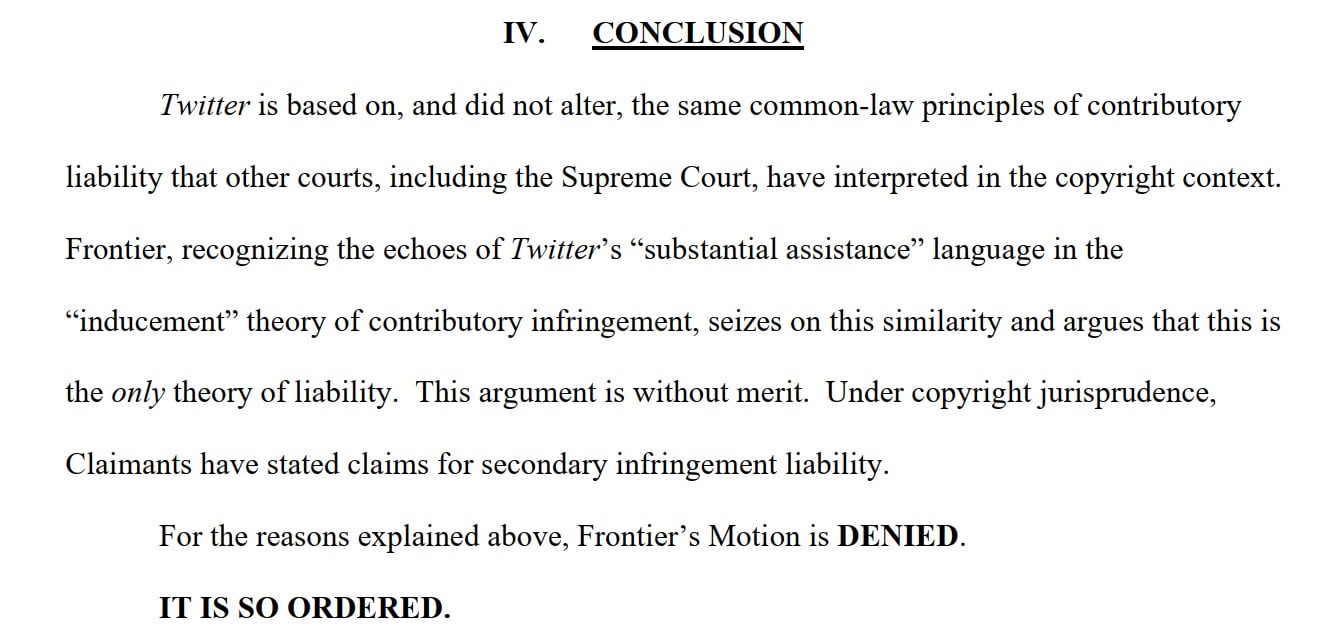
—
A copy of Chief U.S. Bankruptcy Judge Martin Glenn’s order is available here (pdf) . Frontier’s originating motion can be found here (pdf) and the music and movie company responses are available here ( 1 , 2 )
From: TF , for the latest news on copyright battles, piracy and more.
 Late 2019, Internet provider Cox Communications lost its legal battle against a group of major record labels, including Sony and Universal.
Late 2019, Internet provider Cox Communications lost its legal battle against a group of major record labels, including Sony and Universal.
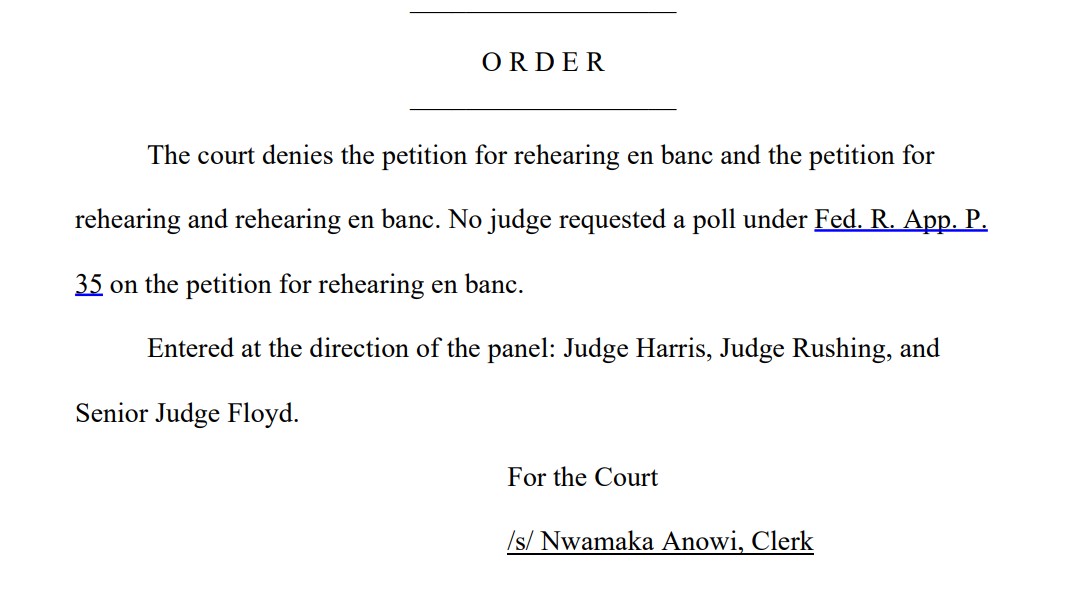
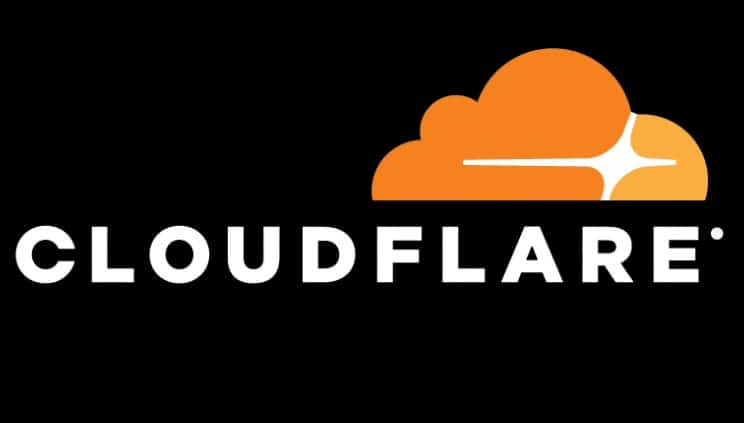 Popular CDN and DDoS protection service Cloudflare has come under a lot of pressure from copyright holders in recent years.
Popular CDN and DDoS protection service Cloudflare has come under a lot of pressure from copyright holders in recent years. Internet provider Charter Communications is one of several companies being
Internet provider Charter Communications is one of several companies being 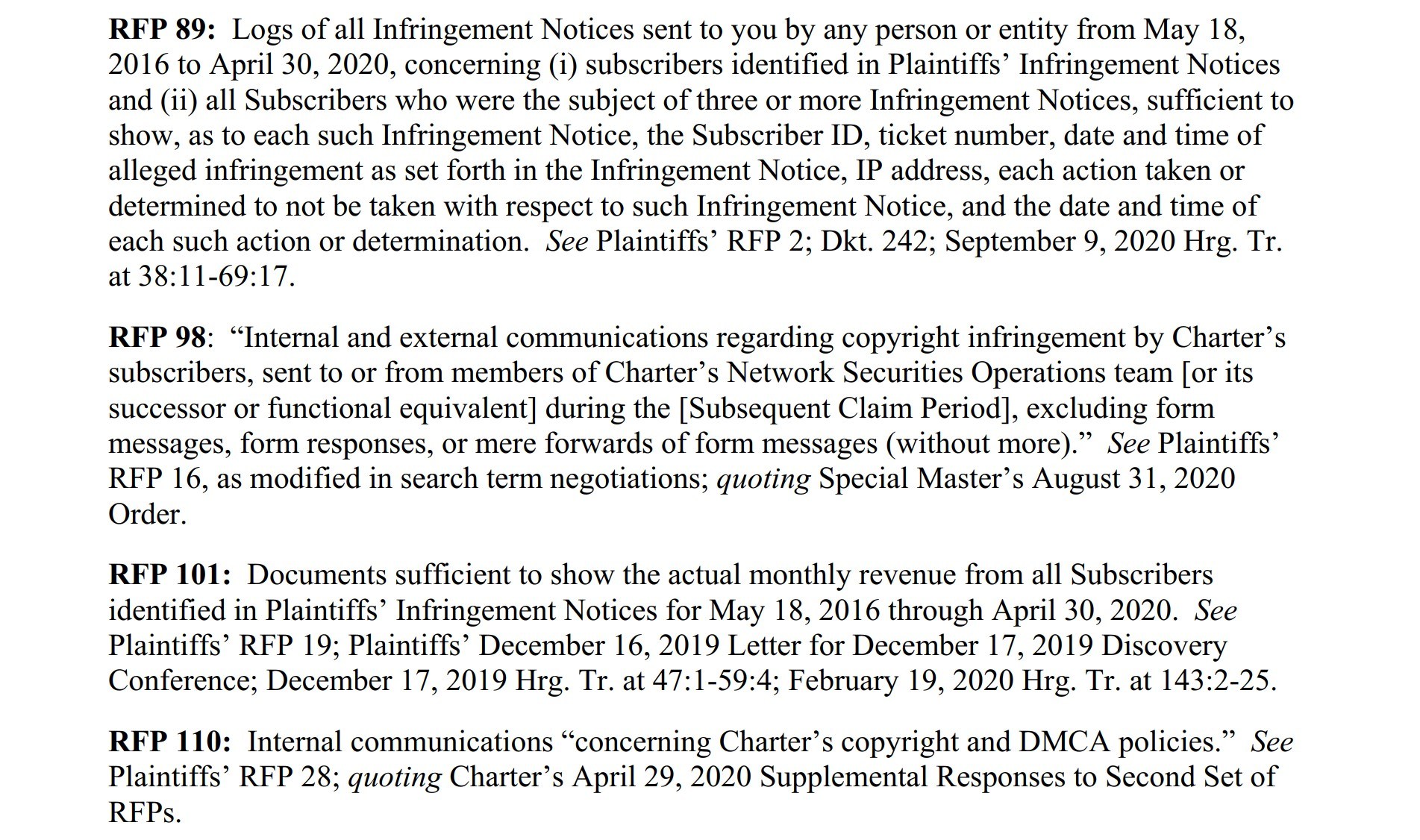

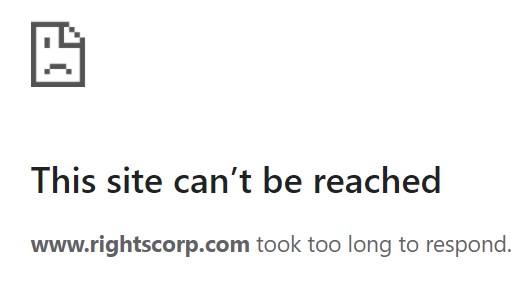 Spearheaded by the RIAA, several major music industry companies have filed lawsuits against some of the largest U.S. Internet providers.
Spearheaded by the RIAA, several major music industry companies have filed lawsuits against some of the largest U.S. Internet providers. Earlier this year Texas-based model
Earlier this year Texas-based model 
 Under US copyright law, Internet providers must terminate the accounts of repeat infringers “in appropriate circumstances.”
Under US copyright law, Internet providers must terminate the accounts of repeat infringers “in appropriate circumstances.” Earlier this year Texas-based model
Earlier this year Texas-based model 